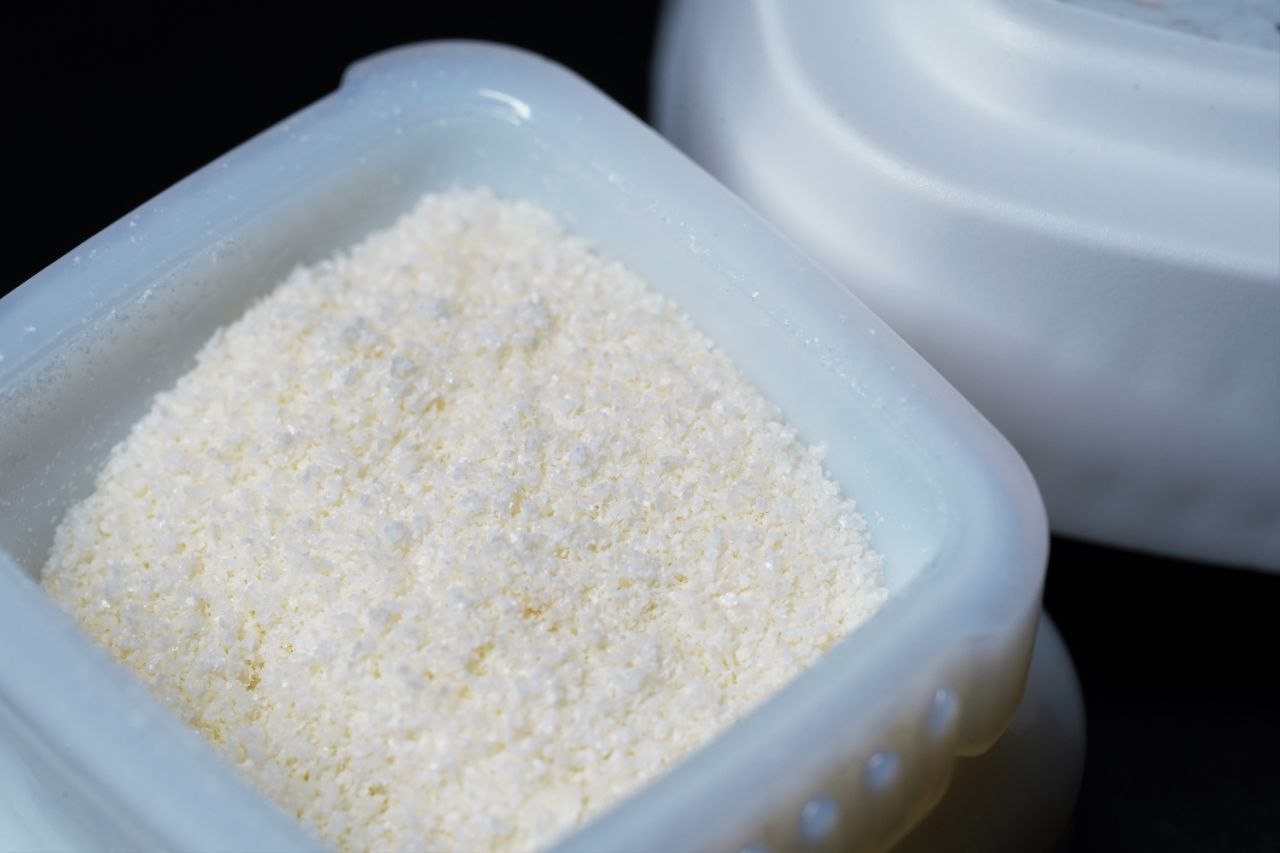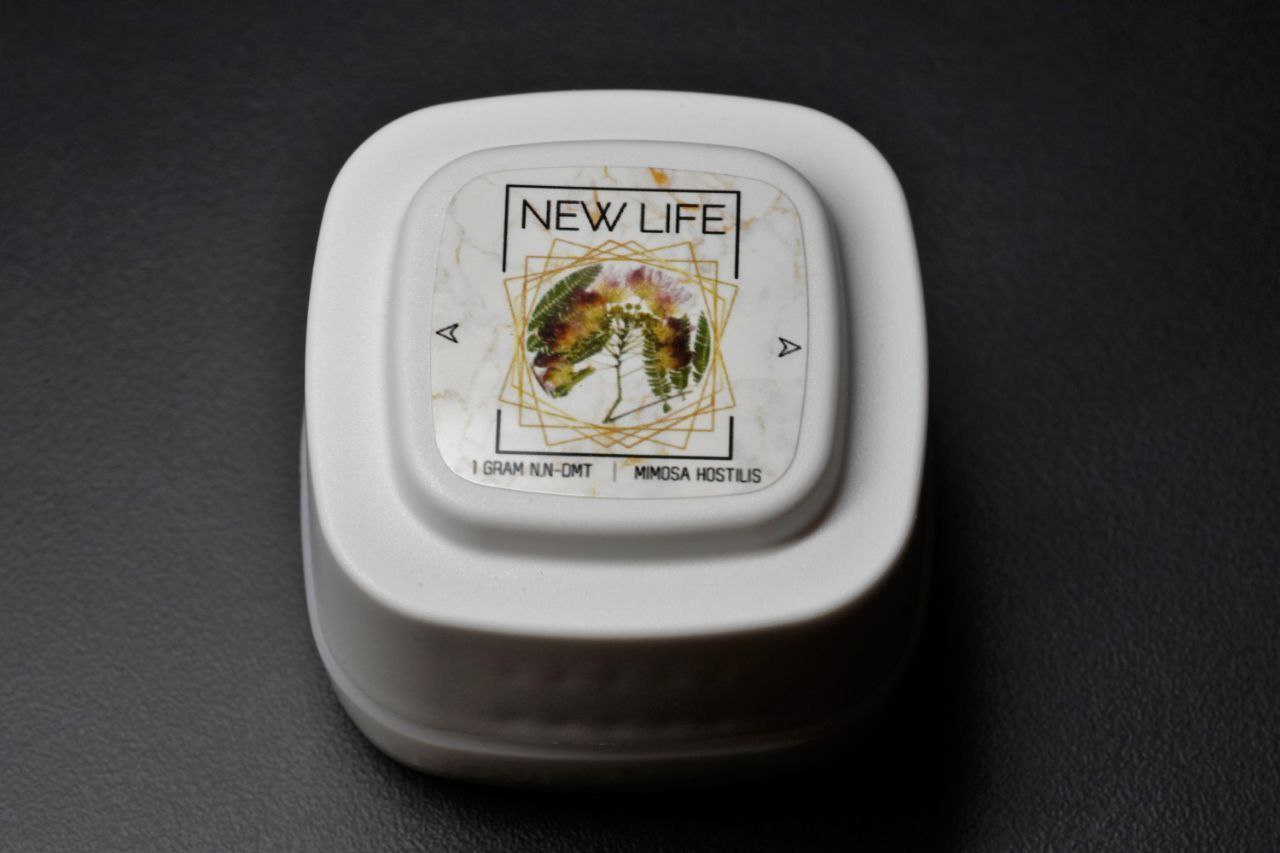N,N-Dimethyltryptamine (N,N-DMT), commonly known as DMT, is a powerful psychoactive compound found in various plants and animals. It is part of the tryptamine family of alkaloids and is known for producing intense and short-lived psychedelic experiences.
Chemical Structure and Properties:
- Chemical Formula: C12H16N2
- Molecular Weight: 188.27 g/mol
- IUPAC Name: 2-(1H-indol-3-yl)-N,N-dimethylethanamine
Sources:
DMT can be found naturally in several plant species, such as:
- Psychotria viridis (Chacruna)
- Diplopterys cabrerana (Chaliponga)
- Mimosa tenuiflora (Jurema) It is also endogenously produced in small amounts in the human body, although the exact biological role remains unclear.
Mechanism of Action:
DMT primarily acts as an agonist at the serotonin 5-HT2A receptor, leading to altered perception, mood, and cognition. It is rapidly metabolized by monoamine oxidase (MAO), which is why its effects are short-lived when consumed orally unless combined with an MAO inhibitor (as in the traditional brew Ayahuasca).
Effects:
The effects of DMT are profound and can include:
- Intense visual and auditory hallucinations
- Altered sense of time and space
- Feelings of euphoria and unity
- Spiritual or mystical experiences The onset of effects is typically within seconds if smoked or injected, and lasts about 5 to 30 minutes. When taken orally with an MAO inhibitor, the effects can last for several hours.
Legal Status:
DMT is classified as a Schedule I controlled substance in many countries, including the United States, making it illegal to manufacture, buy, possess, or distribute without a license.
Research and Therapeutic Potential:
Recent research has explored the potential therapeutic uses of DMT and other psychedelics for conditions such as:
- Depression
- Anxiety
- PTSD
- Substance use disorders However, more rigorous clinical trials are needed to establish its efficacy and safety for medical use.
Risks and Considerations:
- Psychological: The intense nature of the experience can lead to anxiety, confusion, or distress.
- Physical: Although generally considered safe in terms of physical toxicity, there are risks associated with altered states of consciousness, such as accidents or self-harm.
- Legal: Due to its legal status, possession or use can result in severe legal consequences.
Cultural Significance:
DMT has been used for centuries in traditional shamanic practices, particularly in South America, where it is often consumed in the form of Ayahuasca during healing rituals and spiritual ceremonies.
In conclusion, N,N-Dimethyltryptamine is a fascinating compound with a complex pharmacology and significant cultural history. While it holds promise for therapeutic applications, its powerful psychoactive effects and legal status necessitate careful consideration and respect







Reviews
There are no reviews yet.